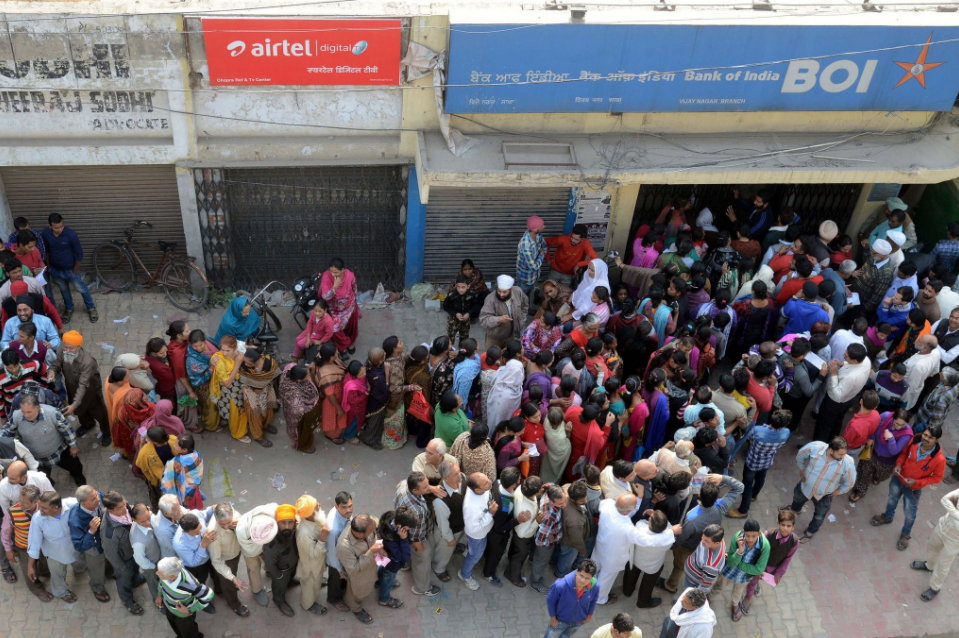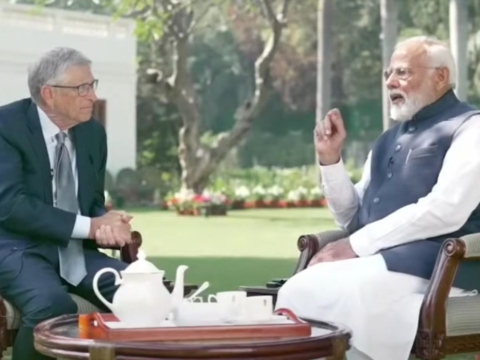
SAN FRANCISCO (Diya TV) — A student in Malegaon in India’s western state of Maharashtra said he was required to stand in line for six hours to exchange banned rupee notes. By the time he got to the front of the line, Junaid Ahmed said the bank had run out of new bills.
The same happened to Milan Odedara, a software engineer from Gandhinagar, the capital of Gujarat, however, he felt standing in line was worth the wait. “At least for some years, black money holders will live in fear for what’s coming next for them,” he said.
All this after Prime Minister Narendra Modi banned Rs. 500 and 1,000 notes (worth about $7 and $15) in an effort to crack down on corruption and tax evasion.
However, the change caught the nation’s people off guard, forcing many of them to scramble to exchange their bills and secure enough cash for their daily needs. Some of the more affluent residents who have stockpiled their cash have resorted to creative methods to quickly spend their money.
The New York Times recently polled more than 750 Indians, asking them to describe how their life and the lives of their families has changed since the demonetization.
“My husband’s parents are both above the age of 60 and do not own credit or debit cards. They withdraw large sums of money at a time and use them for household expenses so as to limit the multiple trips to the bank. They both are not physically able to even stand in a queue, but they did it.”
— Apurva Kalidendi, a homemaker in Bangalore
“We cannot buy things from nearby shops anymore because they don’t have bills of higher denomination. So we head to malls or supermarket where we can pay using credit card and debit cards. Small businesses have taken a hit.”
— Aditya Mishra, a student in Amritsar
“For my parents, it was bit of a discomfort. My father had to take one full day off from his work to deposit and exchange old bills that he had. Same goes for my grandparents. Local vegetable vendors stopped setting up stalls as they don’t have cash to buy from farmers. Even though they have new bills of 2,000 rupees, they can’t use them unless the other person has enough cash to return the change.”
— Ashish Dubey, a software engineer in Bangalore
“While I agree with the motive behind the move, I really question whether the government was prepared to implement the new scheme. The government seems to be changing the policy every day, which feels like there’re making it up as they go along. Better preparation would have made this so much easier. The worst affected are those who don’t even have bank accounts, making it so much harder to change their notes.”
— Riyan Vatcha, a student in Jodhpur
Information from The New York Times contributed to this report.




